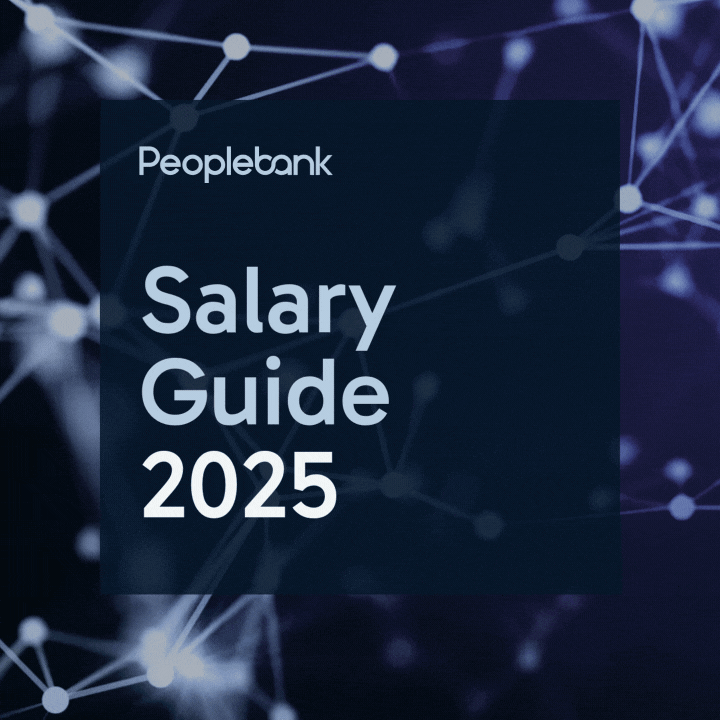How to kick-start your cloud career: Tips from an IT Recruiter
From technical coding opportunities to project services and consulting roles, some of the most in-demand skillsets in the I.T market are cloud skills. While there are a range of cloud offerings that organisations use, skills on public cloud platforms such as AWS (Amazon Web Services), Microsoft Azure, and GCP (Google Cloud Platform) are the most commonly sought after by employers.
Where to start
Like many I.T areas, there are great, free resources online that you can use to start your learning journey. AWS (https://aws.amazon.com/training/digital/aws-cloud-practitioner-essentials/), Azure (https://docs.microsoft.com/en-us/learn/certifications/azure-fundamentals/) and GCP (https://cloud.google.com/training) all offer online introduction courses free of charge which offer a good place to start. Platforms such as Udemy, Pluralsight, and Coursera provide some free cloud fundamental courses.
Show off your new skills!
Get involved in the community
Like most things these days if you look online there are many great free events and meetups that you can get involved in. These offer great opportunities to learn in more depth, but also the chance to meet people working in these industries. AWS, Azure, and GCP usually run conferences annually (online currently, but in-person when restrictions allow) and sites like Meetup (www.meetup.com) are a great way to find groups based out of your city or country that meet regularly to discuss new features and give demonstrations on these platforms. Many people find the concept of networking intimidating and difficult. Attending these events/ sessions is a great way to getting to know professionals in the field in an organic way and help build deeper relationships with them than you would if you just reached out over LinkedIn.






















